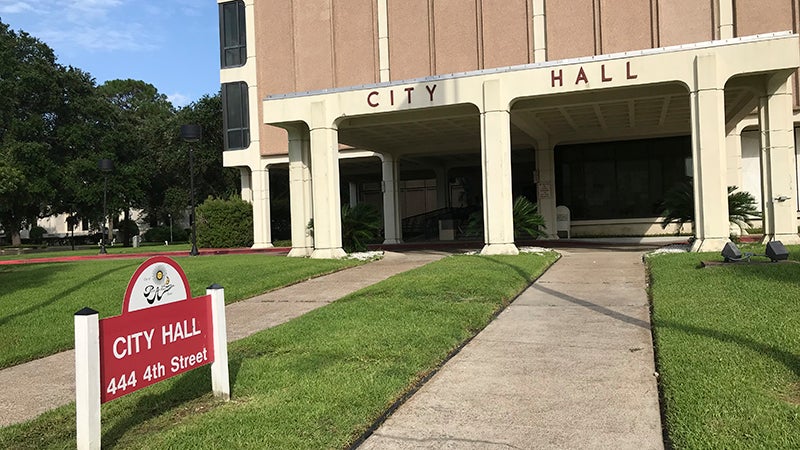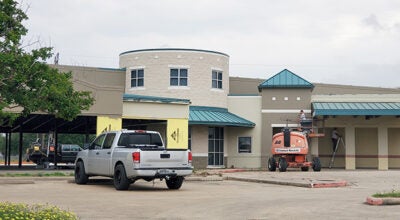Port Arthur leadership eyes upcoming legislative session for property tax concerns, other city impacts
Published 12:40 am Friday, December 9, 2022
|
Getting your Trinity Audio player ready...
|
As the Jan. 6 start of the Texas Legislature approaches, the City of Port Arthur is tracking potential bills that could impact residents, schools and businesses within the city.
Karen Kennard, an attorney with Greenberg Traurig, LLP in Austin, spoke to the City Council this week in regard to upcoming issues.
“Since we have represented you in the last three sessions, our No. 1 priority during those last three sessions has been to watch legislation that may have a negative impact on your industrial agreements,” she said. “So that’s the No. 1 thing we do.”
Those impacts include annexation and extraterritorial jurisdiction.
Public safety is also a key topic.
“We know over the last several years things like gambling, coin-operated machines and things like that have been somewhat of an issue here,” Kennard said. “So those two issues — public safety and issues related to the protection of your industrial development agreements — have been the two key things we watch for you.”
Since filing began following the November elections, more than 1,100 bills have been submitted.
“Nothing that I can report…that is of any significant negative impact to the city, but I don’t think that will continue,” she said. “As we’re watching what is shaping up to be a pretty robust session, I can tell you that one of the things I think most people who represent cities will be looking at are the things that are going to be related to the property tax report, which the lieutenant governor has issued as one of his priority pieces of legislation.”
According to information from the Texas Tribune, Lt. Gov. Dan Patrick proposed 21 legislative priorities last month. Relating to property tax, it would authorize some of a $27 billion budget surplus to be spent on increasing homestead exemptions to provide relief towards “ballooning” property taxes for homeowners.
“We hope maybe that will be something that will help your residents,” Kennard said. “But as we look at tightening our belt, we hope that we, as cities, don’t have to bear the brunt of that and that we are given the flexibility to manage our own affairs.”
The attorney said the firm has been and will continue to be in constant contact with the city attorney, city manager and mayor.
“I think, as you guys know, Port Arthur is…in a unique situation in that you have someone from your region who is the Speaker of the House who has been a good friend of the city,” she said. “And in some ways that can be a really good thing as far as getting his ear on some of the issues that have some negative impacts on the city.”
State Rep. Dade Phelan is from Beaumont.
Following the attorney’s overview, Councilman Donald Frank asked about legislation specifically related to schools and associated agreements with industries, in particular Chapter 313.
According to the Office of the Texas Comptroller of Public Accounts, Chapter 313, also known as The Texas Economic Development Act passed in 2001, grants public school districts the ability to offer a 10-year limitation on appraised property value for new businesses looking to locate in the region.
The bill was not renewed and will expire at the end of the year.
“There have been several different coalitions that have been formed to…try to reauthorize that,” Kennard said. “There is going to be something that will probably pass to reauthorize 313. Those kinds of economic development incentives have been great for the state, as you know — especially areas like this where you’re trying not only to bring new industry but to try to retain some of the industries.”






